Last updated on March 31, 2023 Charging an electric car can vary depending on several factors. However, to give you a more accurate idea, here's a quick overview of average charging times. *Approximate time to charge the battery from 20 percent to 80 percent state of charge (SoC). For illustrative purposes only: Does not reflect exact charging times, some vehicles may not support certain power inputs or fast charging. Electric mobility is growing rapidly—so much so that the electric vehicle (EV) market is expected to reach $190 billion by 2030. Despite this, many people still find EVs unfamiliar and have questions about their performance, including how long it takes to charge them. Our research with Ipsos found that 30 percent of potential EV drivers are concerned about charging times. Let’s break down what these times actually look like. EV Charging level Power output charging session Small EV Medium EV Large EV Level 1 2.3 kW 11h36m 18h50m 26h05m Level 2 7.4 kW 3h36m 5h51m 8h06m Level 2 11 kW 2h25m 3h56m 5h27m Level 2 22 kW 1h08m 1h45m 2h27m Level 3 50 kW 32 min 52 min 1h12m Level 3 100 kW 16 min 26 min 36 min Level 3 150 kW - 17 min 24 min Level 3 240 kW - 11 min 15 min Level 3 300 kW - 8 min 11 min Approximate time to charge the battery from 20 percent to 80 percent state of charge (SoC). For illustrative purposes only: Does not reflect exact charging times, some vehicles will not be able to handle certain power inputs, and/or do not support fast charging. If you want to know the charging time estimation for your electric car or any specific model you have in mind, use our free electric car charging specifications tool. But what influences EV charging times? The answer isn’t as straightforward as you may think. Several factors determine how long it takes to charge an electric car. If you're reading this article, chances are electric mobility is pretty new to you. So, before we dive in, it’s important to understand how "the refueling mindset" of an EV differs from the driver of a gas-powered vehicle. Typically, gas vehicle drivers fill up their tanks whenever the fuel gauge nears empty. When it comes to EVs, instead of letting the battery drain empty before recharging, most EV drivers top up whenever they park. This is called opportunistic charging and means that all the valuable parking time spent at home overnight, at work, or at the supermarket can be used to keep the battery topped up and ready to go. Next to this, it's also a battery-health-related best practice not to drain your battery completely before recharging it. So, yes charging an EV does take longer than filling up a tank with gas. However, in most cases, you probably won’t notice because you’re off doing more important things. Just like the size of a gasoline car’s tank, the size of a vehicle’s battery determines how much energy a vehicle can hold. Measured in kilowatt hours (kWh) which are the electric equivalent of a liter or a gallon, the bigger the battery, the longer it will take to charge. As some larger vehicles –like say the Porsche Taycan or the Tesla Model S– take more power than others. With battery capacities of 90 kWh and 100 kWh respectively, they will take longer to charge at the same power output than a smaller vehicle. Of course, once they're full, they can take you a lot further than a vehicle with a smaller battery. Similar to the fuel gauge on a car, state of charge (SoC) refers to how much energy your EV can use between ‘full’ and ‘empty.’ Simply put, it’s the percentage charge your EV battery holds relative to its capacity at a given time. Because of the way battery chemistry works, a battery with a low SoC will be able to accept a much higher power output than one with high SoC. As the graph below illustrates, charging will progressively slow as an EV’s battery gets closer to full. This is why charging an EV up from 20 to 80 percent is much faster than from 80 to 100 percent. While larger batteries mean they can store more power, they don’t always mean faster charging times as some vehicles can take a higher input of power than others. For example, the Tesla Model 3, has a fast charging capacity of 250 kW, while the smaller Peugeot e-208 only supports 50 kW fast charging—a big difference in charging times. So: As a result, a small battery doesn’t necessarily mean that a vehicle will charge faster. While the Tesla’s battery mentioned above may be far bigger than the Peugeot’s at the end of the day, it will take less time to charge when using fast charging. Environmental conditions, and especially temperature, play a vital role in how fast you can charge an EV. Batteries operate most efficiently when temperatures are between 20–25°C (68-77°F). If temperatures get too low or too high, it may take slightly longer to charge, particularly if using a fast charging station. This is because a vehicle’s battery management system (BMS) reduces power to protect the battery when faced with higher or lower temperatures. There are different levels of charging, and generally speaking, the higher the level, the faster it can charge your vehicle. Let’s take a look at each to see how they compare. Level 1 charging refers to plugging the cable that came with your EV into a standard household socket. Charging via a domestic socket is the slowest way to charge an EV. Standard household outlets deliver up to 2.3 kW (10 A). This equates to around 4 to 5 miles of range per hour (6 to 8 kilometers). So, for example, it would take 24 hours and 30 minutes to fully charge a 50 kW Peugeot e-208 on a Level 1 charger. This method is not only slow but can even be dangerous, as it offers no protection against power overloads. Learn why we don’t recommend this charging method. Level 2 charging refers to charging your EV via a dedicated charging station that is specifically wired into your home or building’s power supply. Given their price point and charging speed, Level 2 chargers are commonly found in residential and commercial locations. Depending on the power output and the vehicle type, charging on a Level 2 charging station is roughly 5 to 15 times faster than charging via a regular socket. Level 2 chargers come in a range of charging capacities. Charging for an hour with a 7.4 kW charger delivers about 25 miles (40 kilometers) of range, an 11 kW charger about 37 miles (60 kilometers) of range, and a 22kW charger around 75 miles (120 kilometers) of range. These calculations are estimates based on the average battery use of 18kWh per 62 miles (100 kilometers). To put this into perspective, to fully charge a 50 kW Peugeot e-208 on an 11 kW Level 2 charging station would take only 5 hours and 15 minutes—significantly faster than the Level 1 example above. Also known as DC fast charging, Level 3 charging uses direct current (DC) to charge a vehicle. In short: Level 3 chargers deliver more power, faster, making them ideal for short-stop locations like gas stations and fleet depots. As it’s available at a much higher voltage, it goes without saying that DC chargers are far more powerful than Level 1 and 2 charging. As its name suggests, DC fast charging is the fastest way to power an EV, recharging most vehicles in just minutes instead of hours. Level 3 chargers come in many different shapes, sizes, and charging capacities. That, in combination with the many vehicles and battery types out there, means charging speeds and times can vary greatly. As EV technology continues to advance, it won’t be long before charging electric cars gets even faster. New battery technology and improved fast charging standards are constantly increasing the speeds at which EVs charge, with EVBox's has a new DC charging station that can already deliver up to 400 kW charging, which can add up to 100 km of range in just three minutes. Looking ahead, many scientists and engineers are already working on speeding up charging time even further. A team of Harvard researchers recently designed a lithium-ion battery prototype that, under laboratory conditions, can recharge over 50 percent of its capacity in just three minutes—and do so thousands of times without significantly degrading. This, the researchers say, could pave a path toward batteries that can recharge fully even faster. While there’s no simple answer to how long it takes to charge an electric car, understanding the different variables such as the car, the battery, the charging station, and weather conditions, we hope this overview gives you a good idea of how long it takes to charge an EV. If you’re looking to learn more about EV charging, or are thinking of buying an electric car for the first time, have a look at our comprehensive EV charging guide for an overview of everything you need to know. Badminton shooting machine S4025 badminton launcher, badminton launching machine, shuttlecock launching machine Yi He Technology (Shenzhen) Co.,Ltd , http://www.ball-shootingmachine.comHow long does it take an electric car to charge?
Electric car charging: a new experience for many
Charging times for electric cars
(40 kWh battery)
(65 kWh battery)
(90 kWh battery)
How long does it take to charge my electric car?
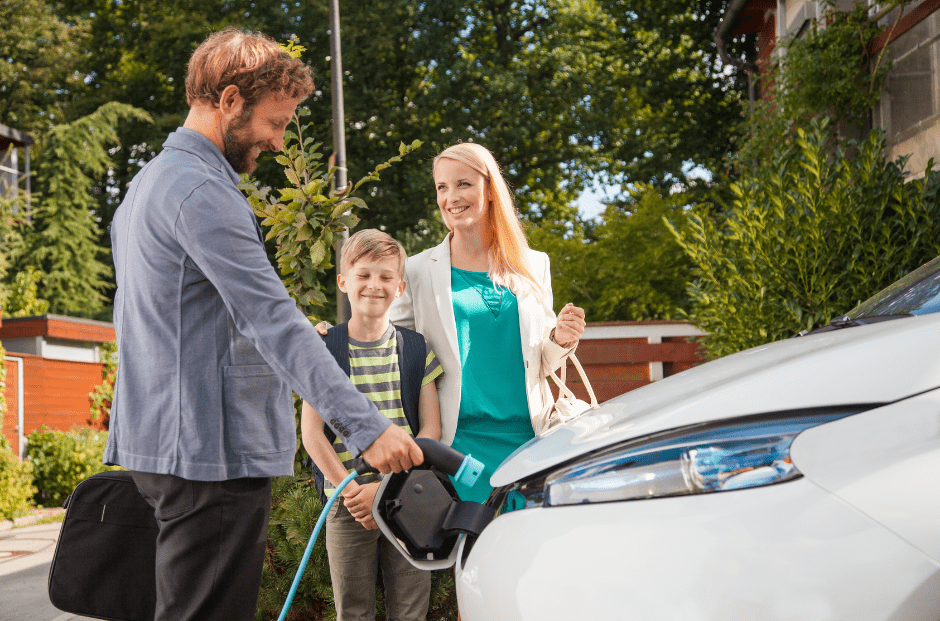
Electric cars vs gas cars
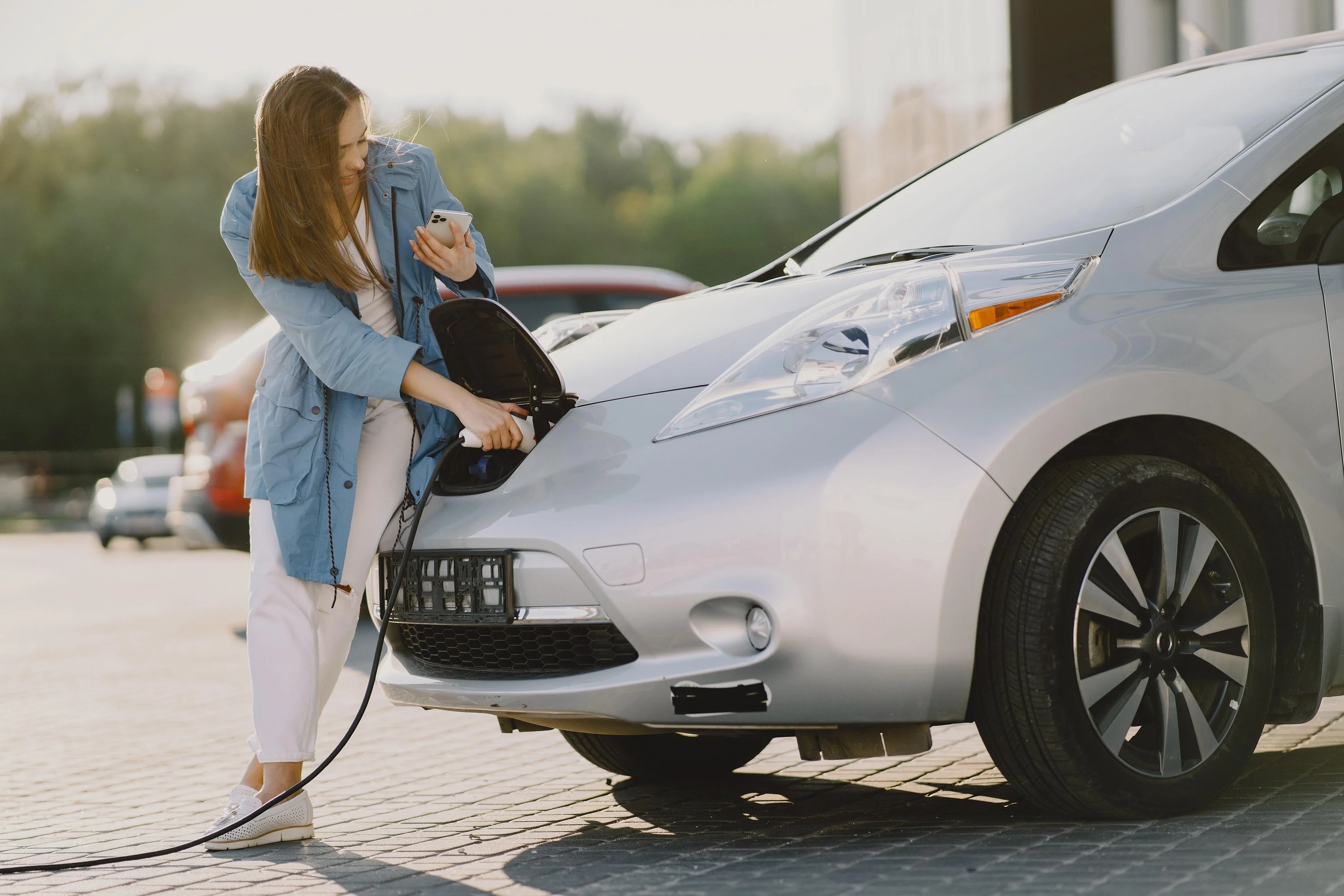
What impacts electric car charging time?
1. Battery size
2. State of charge (empty vs. full)
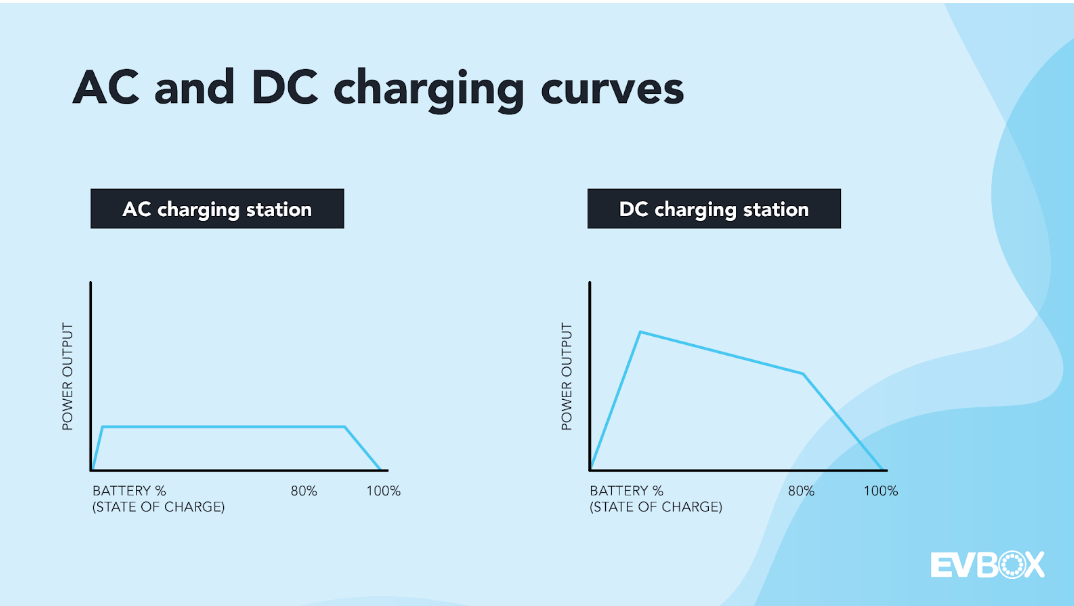 Â
 3. Charging capacity of the vehicle
4. Weather conditions
5. Power output
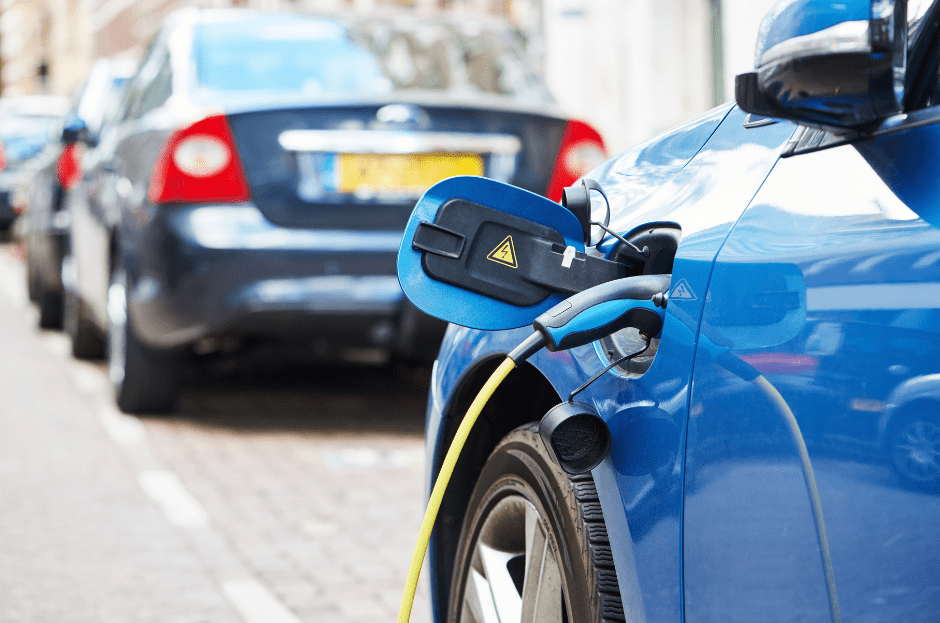
Electric car charging times for all EV charging levels
Level 1 charger
What is a Level 1 EV charger?
EV Level 1 charging time
Level 2 charger
What is a Level 2 EV charger?
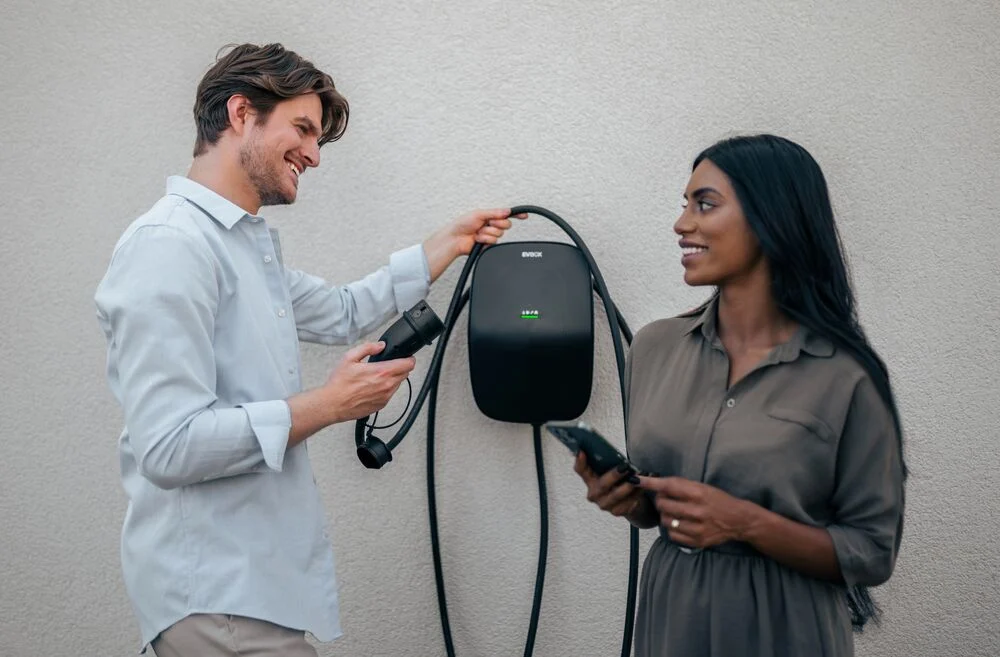
EV Level 2 charging time
Level 3 charger
What is a Level 3 EV charging station?
EV Level 3 charging time
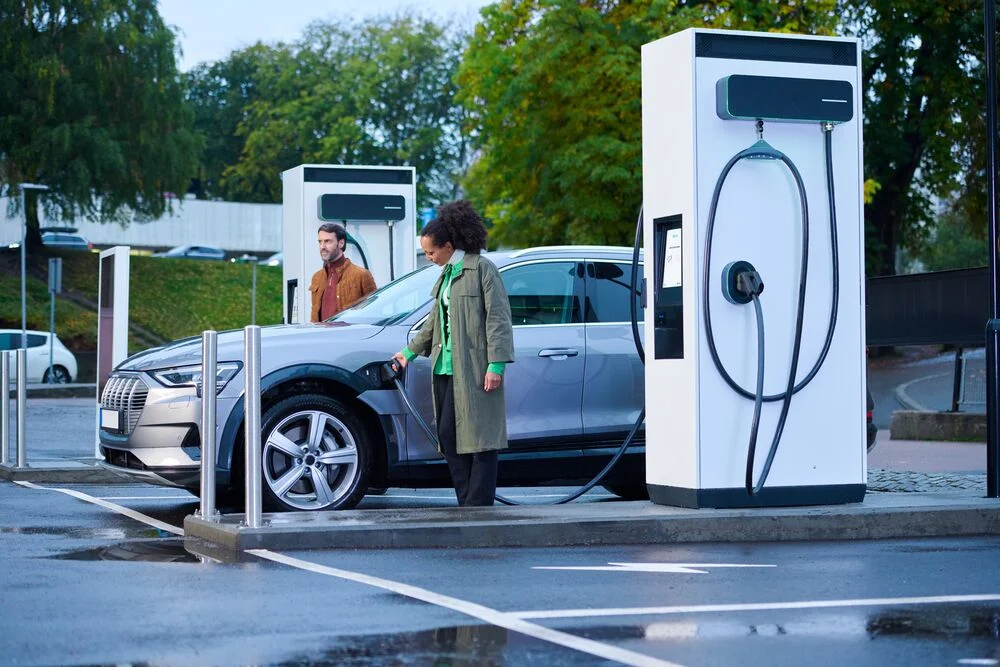
The future of EV charging

Learn more about EV charging
How long does it take to charge an electric car? [2023 update]
Last updated on March 31, 2023 Charging an electric car can vary depending on several factors. However, to give you a more accurate idea, here's a quick overview of average charging times. *Approximate time to charge the battery from 20 percent to 80 percent state of charge (SoC). For illustrative purposes only: Does not reflect exact charging times, some vehicles may not support certain power inputs or fast charging. Badminton shooting machine S4025 badminton launcher, badminton launching machine, shuttlecock launching machine Yi He Technology (Shenzhen) Co.,Ltd , http://www.ball-shootingmachine.comHow long does it take an electric car to charge?